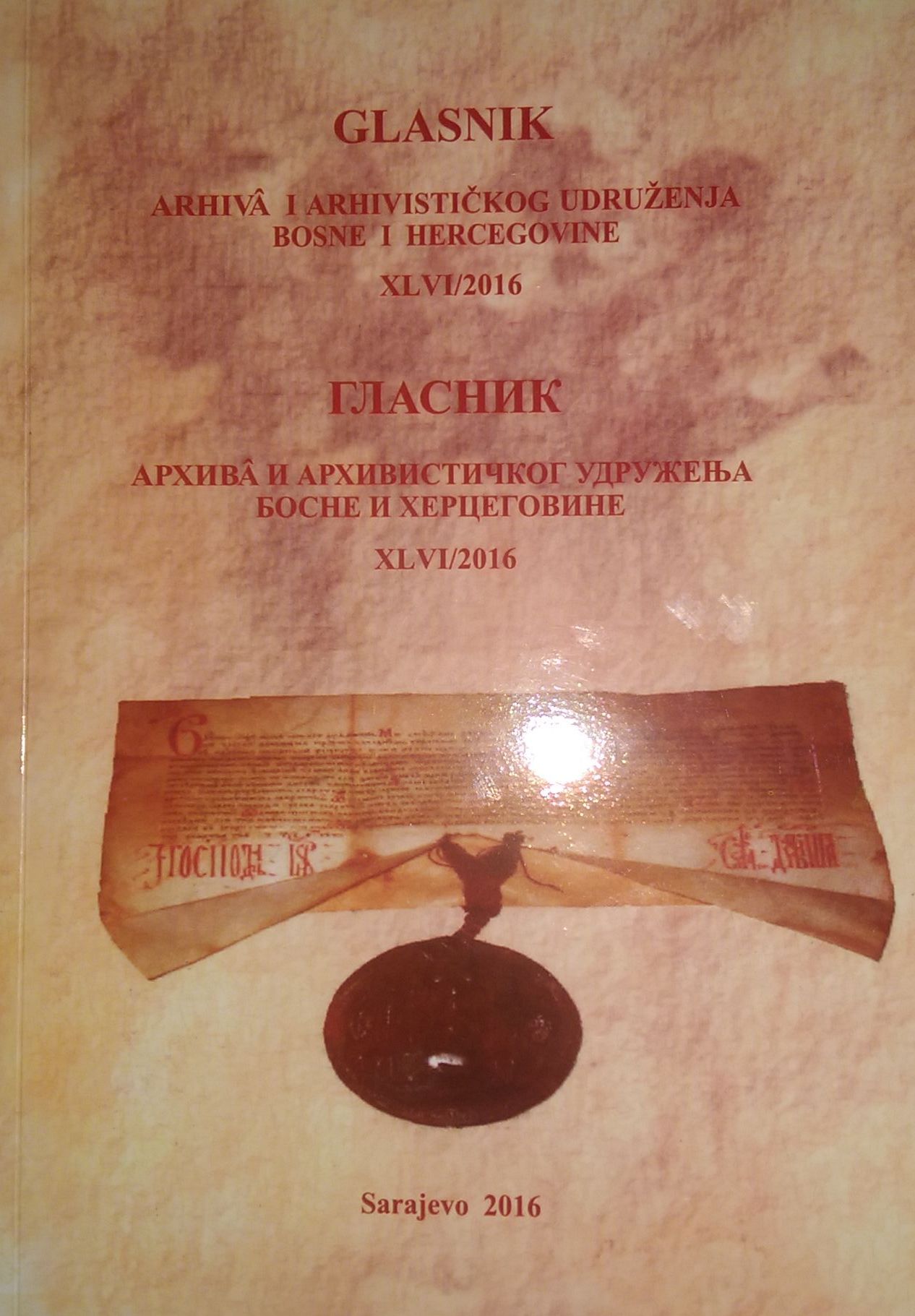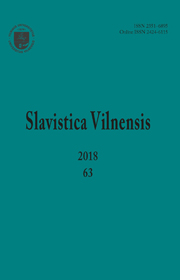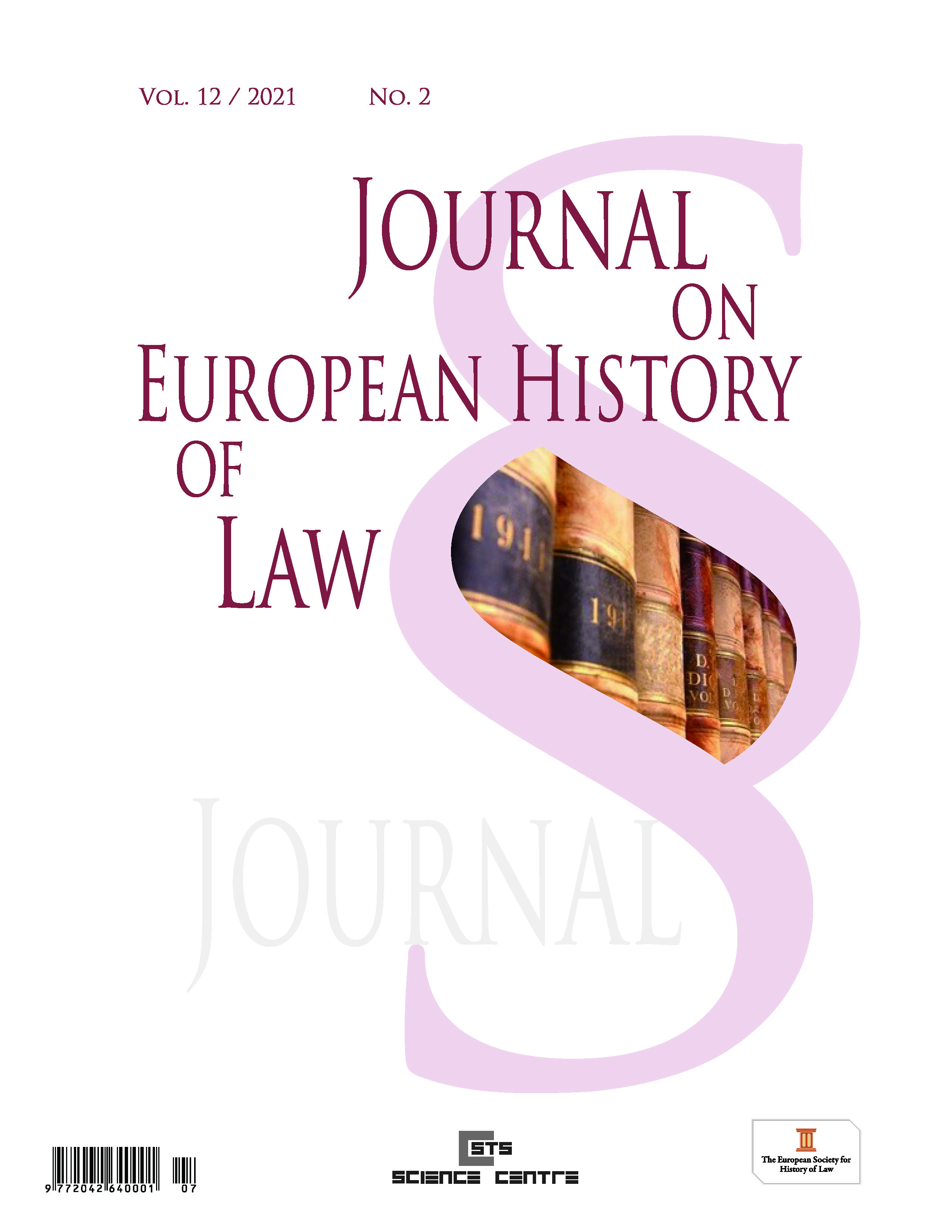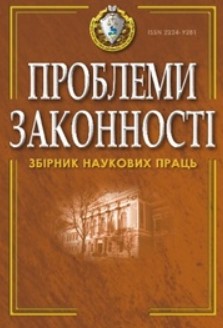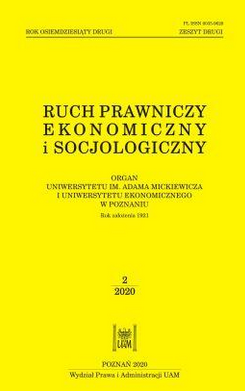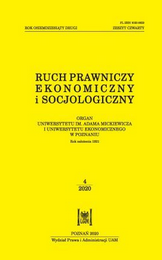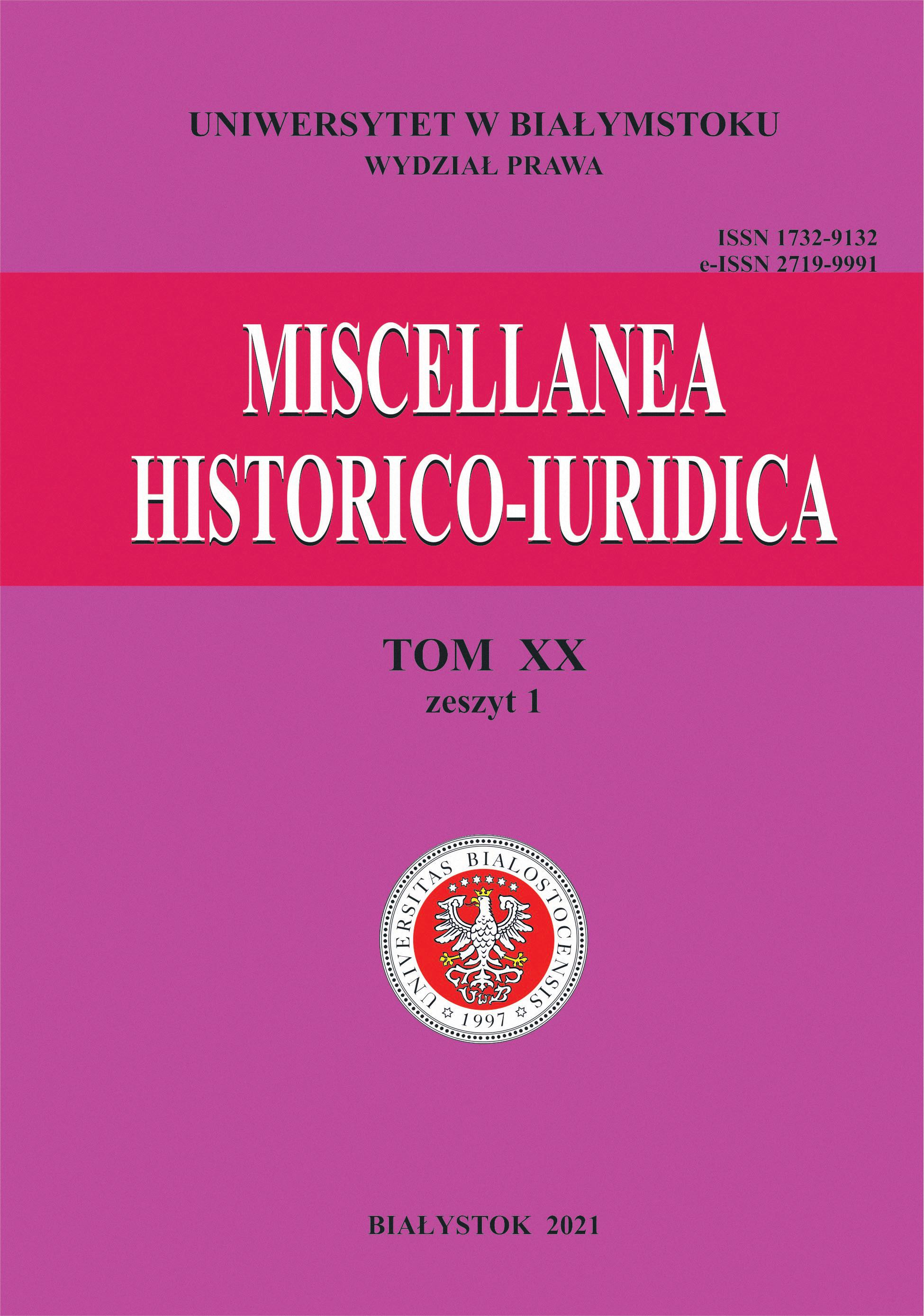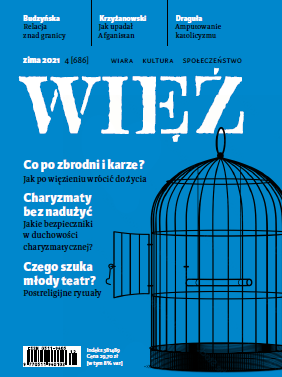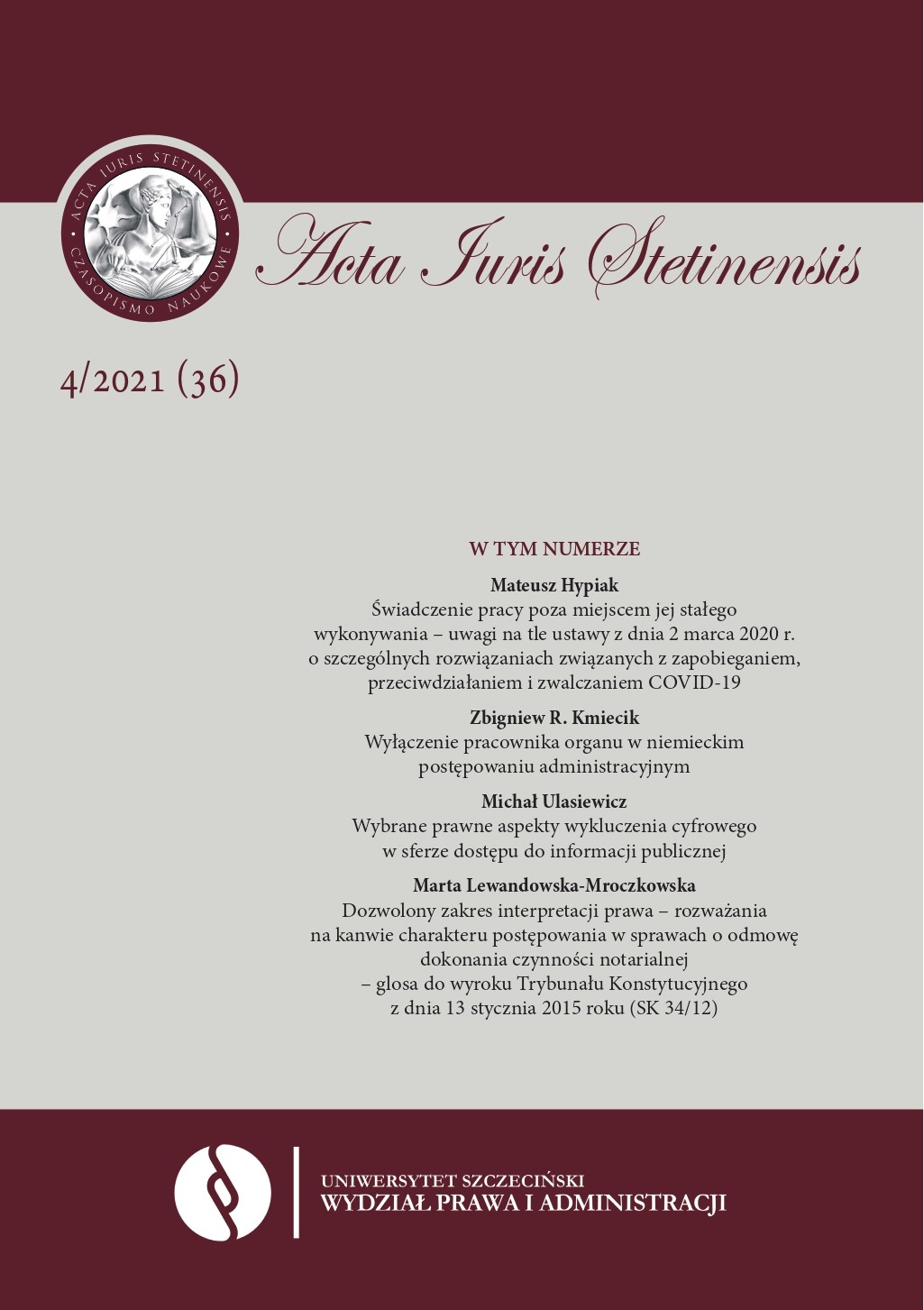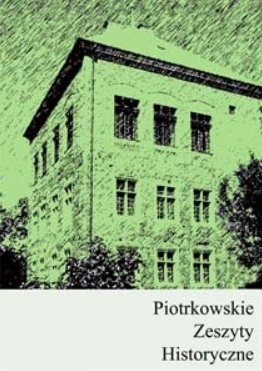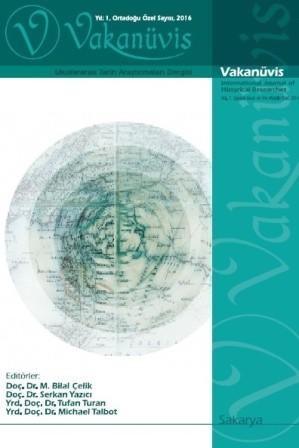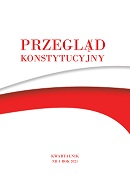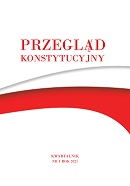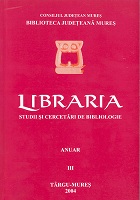Author(s): A. A. Muhitdinov / Language(s): Russian
Issue: 155/2021
At the present stage of development of the criminal procedural legislation of the Republic of Uzbekistan, many legal institutions that have a long history of doctrinal development have received normative consolidation. Among them is the institution of participants leading the criminal process at the stage of pre-trial investigation. In the history of Uzbekistan, the activities of these subjects of the criminal process were regulated by numerous normative legal acts, including codified ones. The first Criminal Procedure Code of the Uzbek SSR was adopted in 1926. Soon the Uzbek SSR Criminal Procedure Code of 1929 entered into force. In comparative legal terms, the latter was significantly inferior to the previous one in terms of the degree of detail in the regulation of criminal procedural relations with the participation of pre-trial investigation bodies. Analysis of the content of the legal norms of the Criminal Procedure Code of 1929, regulating the activities of these bodies, allows us to identify features that, from the standpoint of the modern vision of the optimal model of the Criminal Procedure Code of Uzbekistan, are assessed as shortcomings in the legal regulation of the relevant public relations. As such, we can name the fol-lowing: the CPC does not contain norms defining the sources of criminal procedural law; the code does not provide for a separate chapter devoted exclusively to investigative actions, a detailed description of their procedural form; there is no clear delineation of the competence of the bodies of inquiry and the investigator; the investigator is by law entrusted with supervisory functions that are not characteristic of him in relation to the bodies of inquiry; the Criminal Procedure Code does not include a norm prohibiting persons conducting a preliminary investigation from obtaining evidence by violence, threats, etc.; The Criminal Procedure Code determined the existence of sufficient data, and not evidence, as the basis for the accusation. After being charged, the person acquired the status of a defendant, not an accused; the application of preventive measures, including detention, was carried out by the investigator independently, without the sanction of the prosecutor, which testified to the absence of guarantees of the observance of the right to personal inviolability.
More...
![Księga akt grodzkich trockich [1660–1661] ze zbiorówBiblioteki Uniwersytetu Wileńskiego. III](/api/image/getissuecoverimage?id=picture_2015_28404.jpg)

